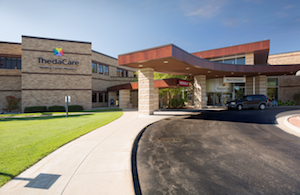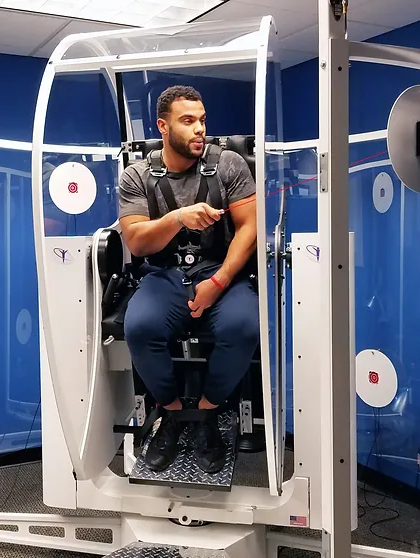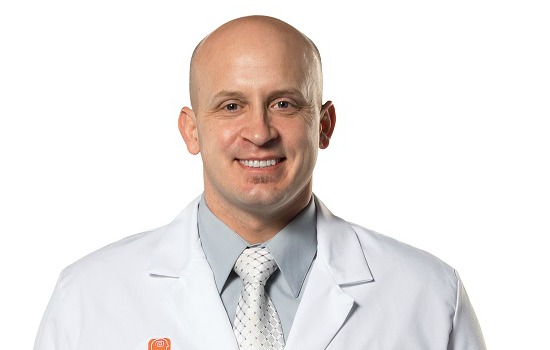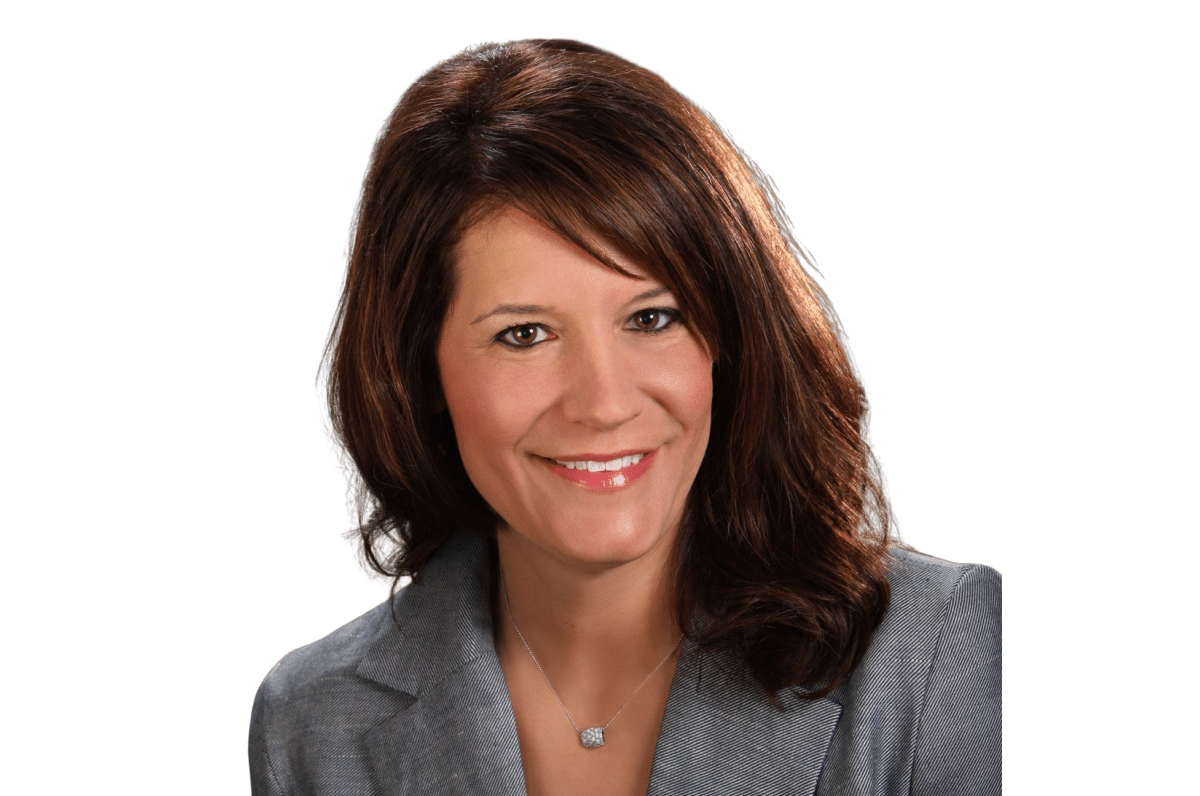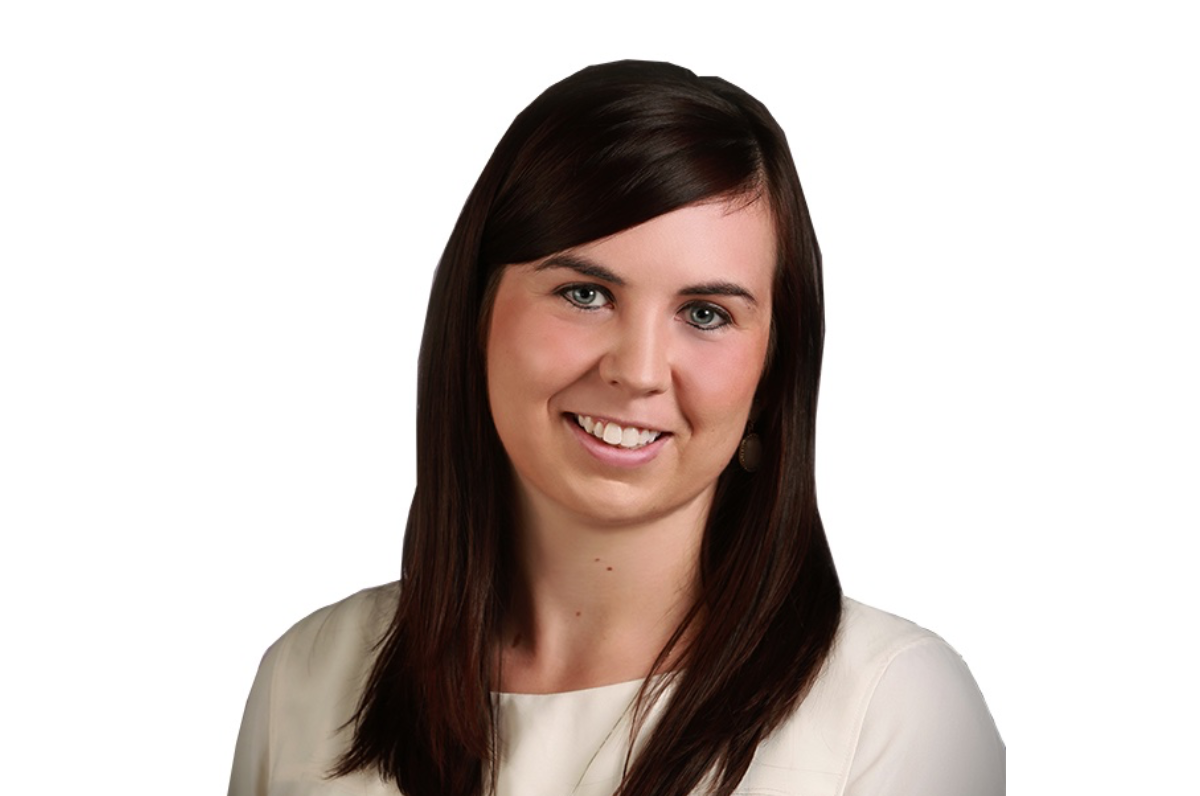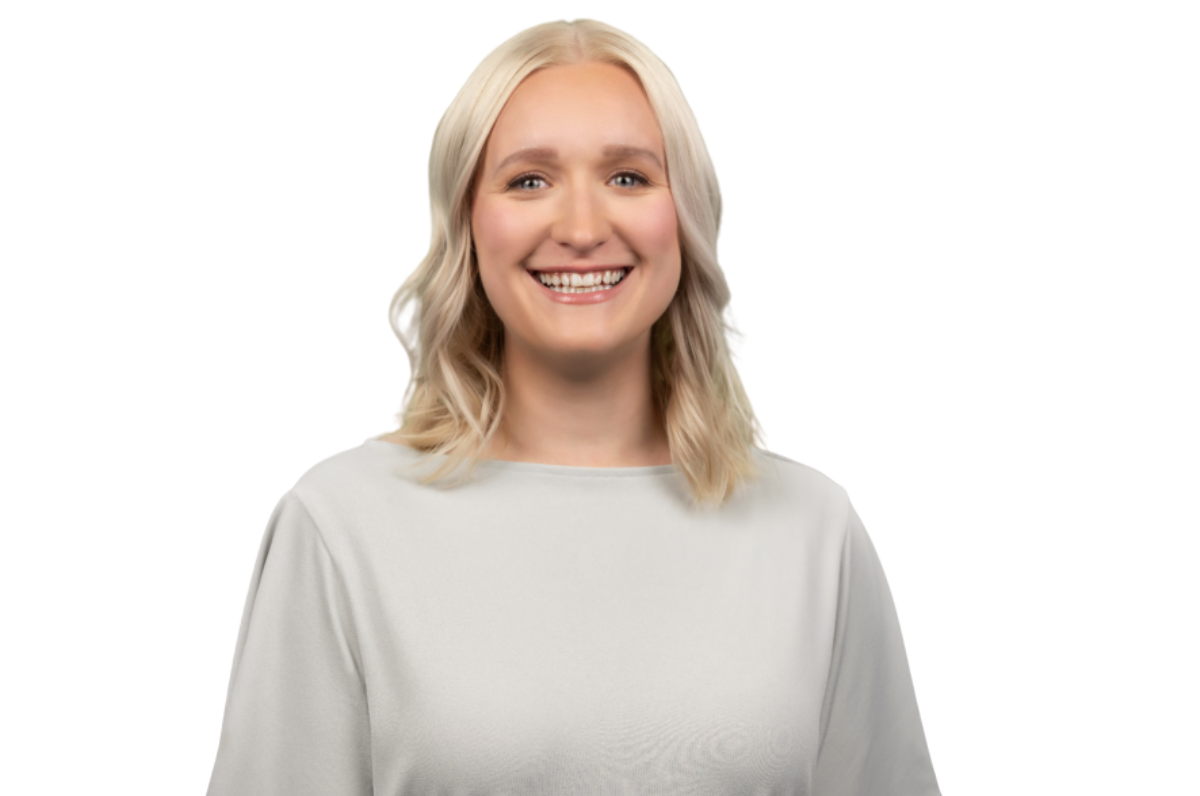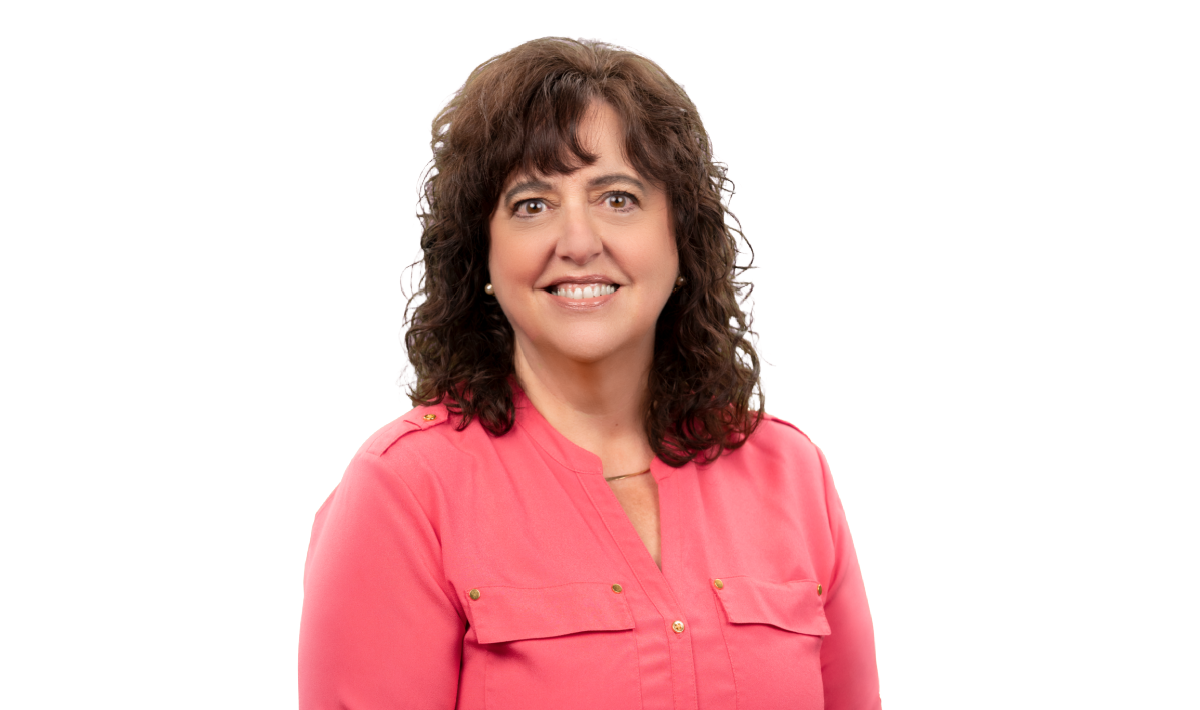Traumatic Brain Injury & Concussion Treatment
Neuroscience Group providers are your local concussion and traumatic brain injury experts. We have a multidisciplinary team featuring a Physical Medicine & Rehabilitation specialist, Neurologists, and Physical, Speech and Occupational Therapists all in one convenient location. Our proactive approach aims to see patients as soon as possible following their injury.
Customized Concussion Care in the Fox Valley
30 Years of Neuroscience Care
We’ve been serving patients in Northeast Wisconsin for over 30 years. Our compassionate medical providers continue to offer the best care with the newest treatments and technology.
Comprehensive Services
Our Summit Concussion Program provides a full range of services in one convenient location. Experts in physical, speech, and occupational therapy, as well as a counselor, work with our physicians to provide the very best in concussion care.
Eye Box
We are proud to offer Eye Box, an award- winning concussion technology used to provide measurable information that can help address diagnose concussions with objective information.
Traumatic Brain Injury & Concussion Treatment at Neuroscience Group
In the last several years traumatic brain injury (TBI) has become much more prevalent in media, providing increased awareness and improvements in prevention. The goal of our Summit Concussion Clinic is to evaluate, diagnose, and treat the myriad of symptoms associated with brain injury. Our providers use modern evidence-informed and evidence-based practices.
Following a concussion, one may feel or demonstrate a variety of cognitive, physical, emotional, and/or sleep issues. To learn more please visit the Brain Injury Association of America.
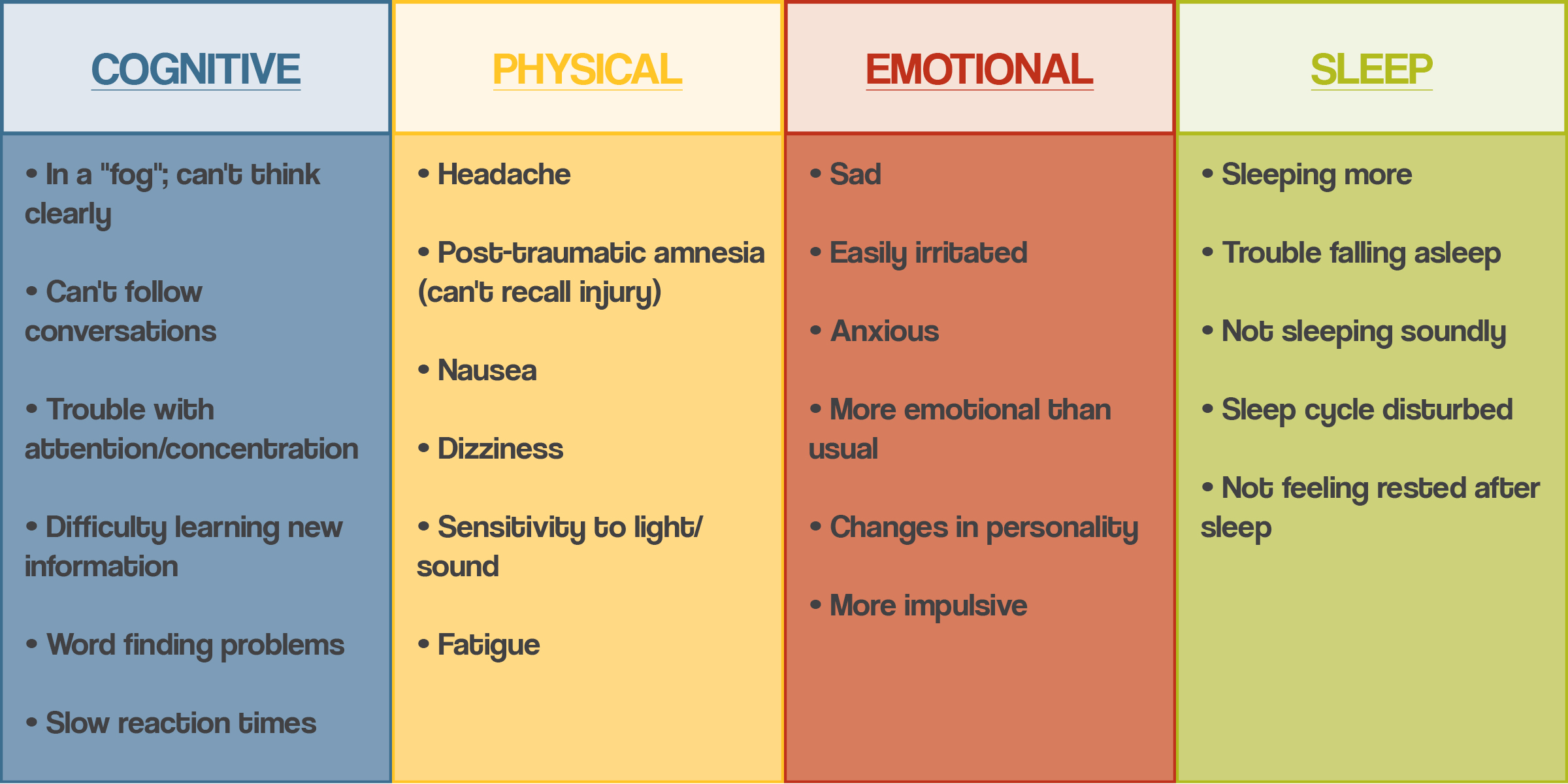
Dr. Siebert and his staff are amazing! I saw several others with no answers. Dr. Siebert and his therapy staff helped me get back to myself in a matter of week! So very thankful!
– Patient

Experts in Total TBI and Concussion Care
We treat a range of traumatic brain injuries, some of the most common concerns and conditions that patients come to us for are;
- Concussion
- Post-concussion syndrome
- Moderate and severe TBI outpatient management
- Headache/migraine
- Cognitive dysfunction (attention, concentration, memory)
- Neurobehavioral dysfunction
- Imbalance/dizziness
- Post trauma vision syndrome
- Associated neck injuries and pain
- Veteran (and service member) evaluations
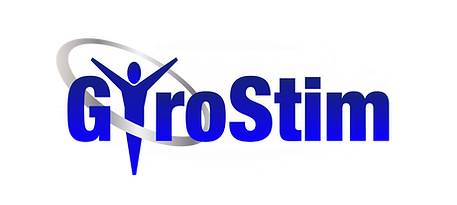
A new machine option for concussion and TBI
Neuroscience Group is proud to bring the first GyroStim treatment to Wisconsin. Gyrostim is a versatile, non-invasive, and cost-effective way to treat balance and vestibular disorders, concussion, TBI, and other neurological conditions.
Meet Our Concussion and TBI Experts
Our team of highly trained and certified providers to bring you the best TBI and concussion care in Northeast Wisconsin.
Start Receiving Treatment in Three Easy Steps

1. Request an Appointment
To start your progress towards treatment contact Neuroscience Group to request an appointment. One of our scheduling staff members will set you up with an appointment at one of our 10 convenient locations.
To prepare for your appointment be sure to complete your medical history and registration paperwork. This paperwork will be sent to you via MyNeuroscience Group.
2. Attend Your Appointment With Our Top Rated Providers
One of our top-rated providers will meet with you to discuss your symptoms and they’ll work with you to put together a treatment plan. You’ll be able to ask all of your questions and leave your appointment with confidence that you’re receiving the best care from Neuroscience Group.
3. Begin Your Customized Treatment Plan
Your personalized treatment plan could include further testing (MRI, EEG), as well as physical therapy, or speech therapy. We provide complete concussion and TBI care at Neuroscience Group, so we’ll be there for you every step of the way.
Looking for Support for Your Child or Student with a Concussion?
Read our ‘Concussion in Kids’ ebook where you can learn signs and symptoms, how to get professional help, treatments, and how to support children at home, in school, and sports.
Offering Right Eye and EyeBOX Technology
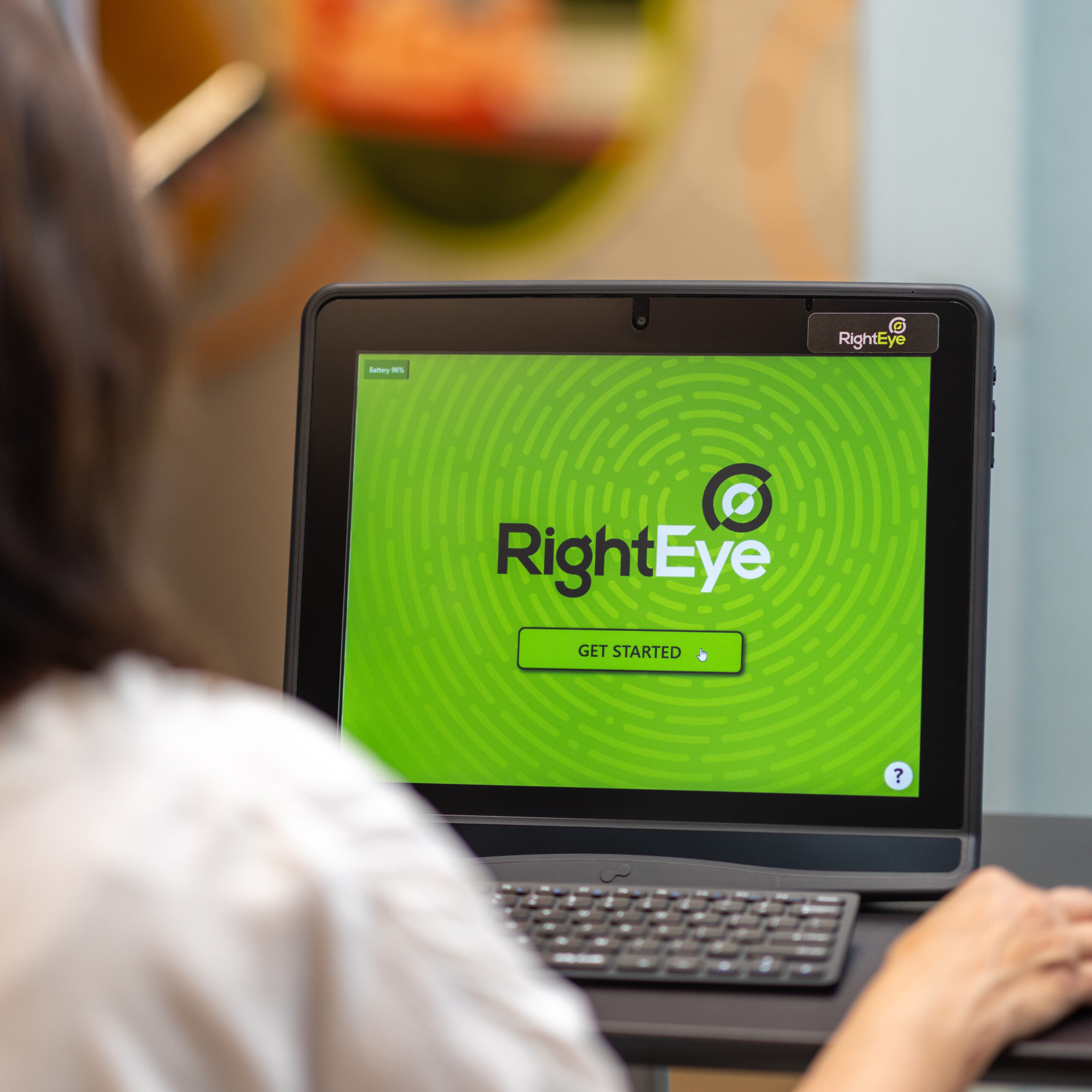
Right Eye Technology
In just 5 minutes, this proven, patented technology measures visual skills in ways that a standard eye exam cannot — enabling us to diagnose and treat underlying vision issues that affect our patients’ quality of life.
Based on your RightEye EyeQ test results, we’ll assign a series of exercises you complete at home under our supervision. EyeQ Trainer is a non-invasive, computer-based treatment proven to help improve your functional vision. It rehabilitates all six movement systems of the eye and promotes positive neuroplasticity, the ability of the brain to make important neural connections.
The result — improved functional vision and smoother, more accurate eye movements — can lead to better focus and concentration, improved balance and hand-eye coordination, and enhanced performance in everything from reading to driving to sports. EyeQ Trainer is personalized to your specific needs, so that we can focus on those areas that affect you most.
EyeBOX Technology
The EyeBox test is a tool that will help your physician find out if
your eye movements are consistent with concussions. Results
will be used together with other diagnostic tests to determine
the best treatment for you.
Once you’ve been properly positioned on the chin rest in front of the EyeBOX device, you will watch a short 4-minute video while the device records subtle eye movements. Once the test is completed, sit back and relax. Your test report will be ready immediately. EyeBOX analyzes the data and produces a BOX score, graphs, and information for your physician to assess.
Neuroscience Group has the region’s first Eye Box Concussion Assessment device. Our concussion clinic is one of the most comprehensive centers in the state.
She’s my absolute favorite! I came to Christine with a head injury and entered her concussion program. She has been amazing with me and listens to me. I am so thankful for her and her concussion team! A brain injury success story for sure!
– Patient 2022
Get Connected with Local TBI Resources
Traumatic Brain Injury Support Program
The Traumatic Brain Injury (TBI) Support Program at SOAR Fox Cities aims to provide individuals affected by brain injury the tools and resources needed to thrive, while supporting every survivor and their support network each step of the way. From injury to independence, it is their mission to Support, Navigate, Inform, and Care for the community members living with a traumatic brain injury. To learn more about their program offerings, please visit their website: TBIFoxCities.com
Brain Injury Alliance of Wisconsin
The Brain Injury Alliance of Wisconsin is committed to serving the over 50,000 individuals with brain injury and their families living in Wisconsin. They dedicate themselves to prevention of brain injury and the full participation in life for individuals with brain injuries.
Website: BIAW.org
Facebook: BIAW Facebook Page
Neuro-Optometrist, Dr. Linda Dejmek
Dr. Dejmek completed her undergraduate work at the University of Wisconsin-Madison and received her Doctor of Optometry degree from Indiana University in Bloomington. She is the founder and owner of A B See Vision Therapy Center in Menasha, Wisconsin and owner of the Appleton Eye Clinic in Appleton, Wisconsin, in which she has been practicing primary care optometry since 1978.

Personalized Care Close to Home
Neuroscience Group offers physician expertise and compassionate care at convenient locations across Northeast Wisconsin. Our 6 locations offering neurology care are conveniently located across Northeast Wisconsin.
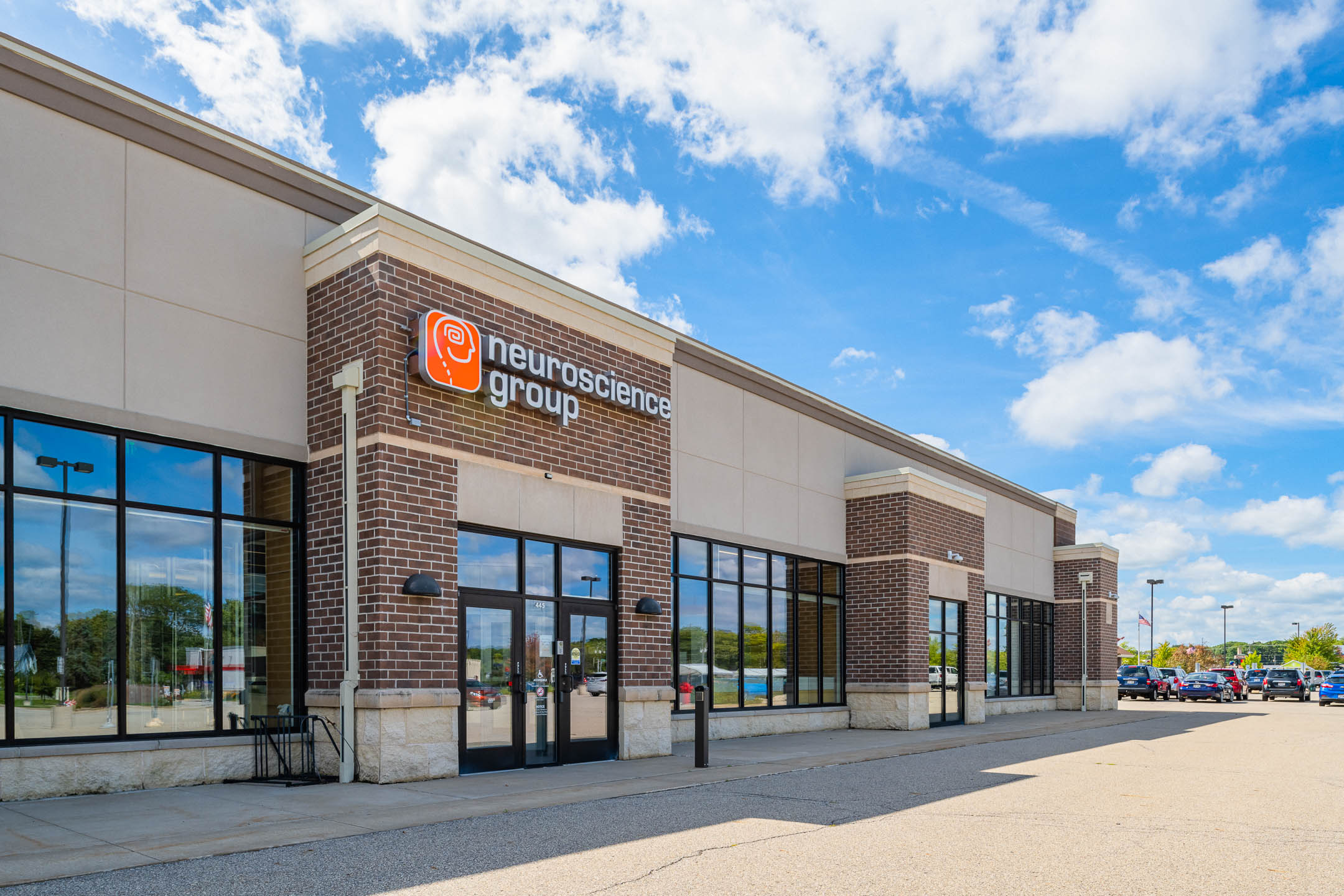
Appleton
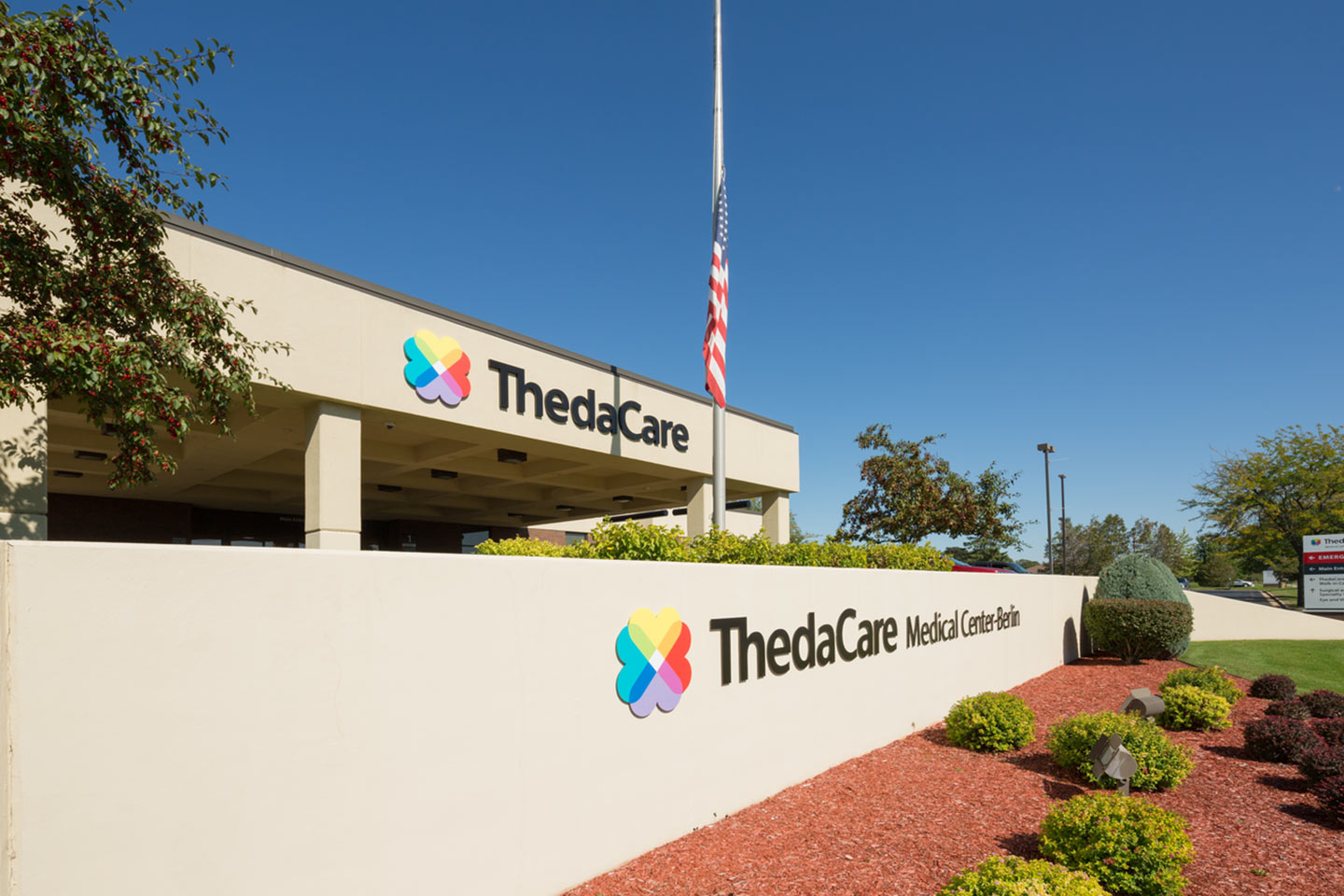
Berlin
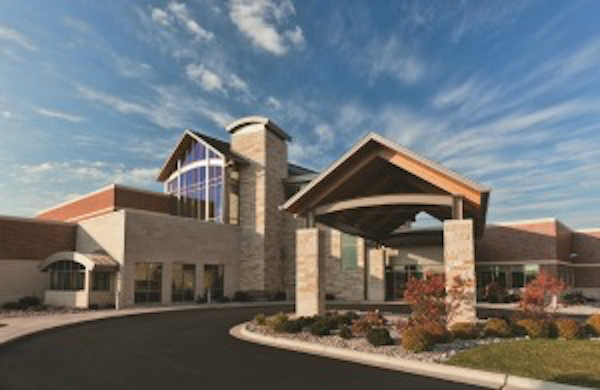
Neenah
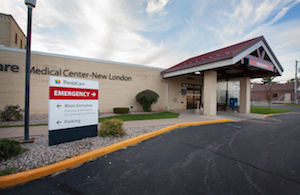
New London
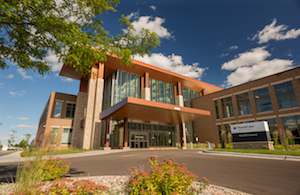
Shawano
